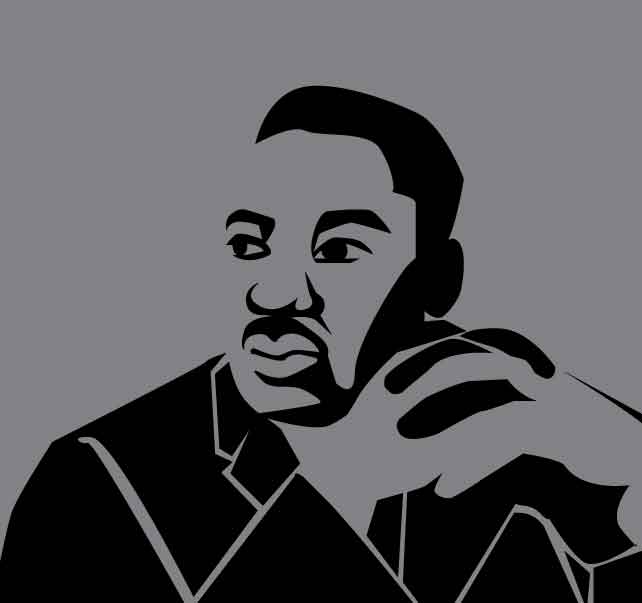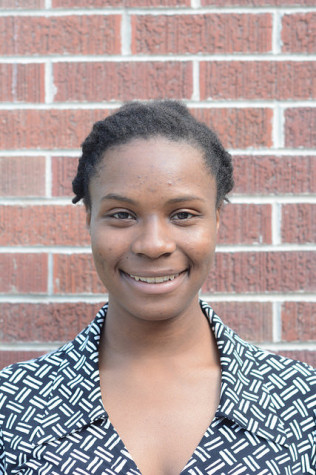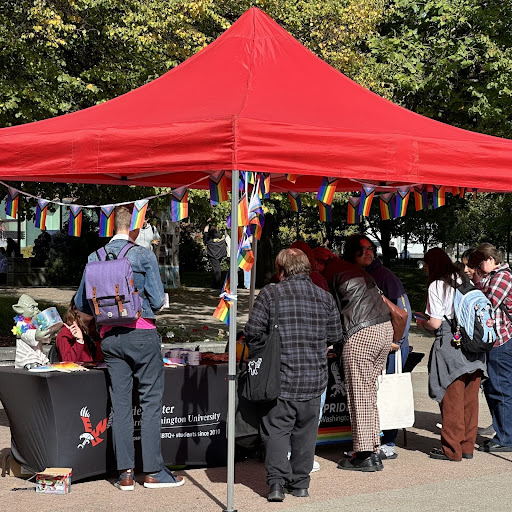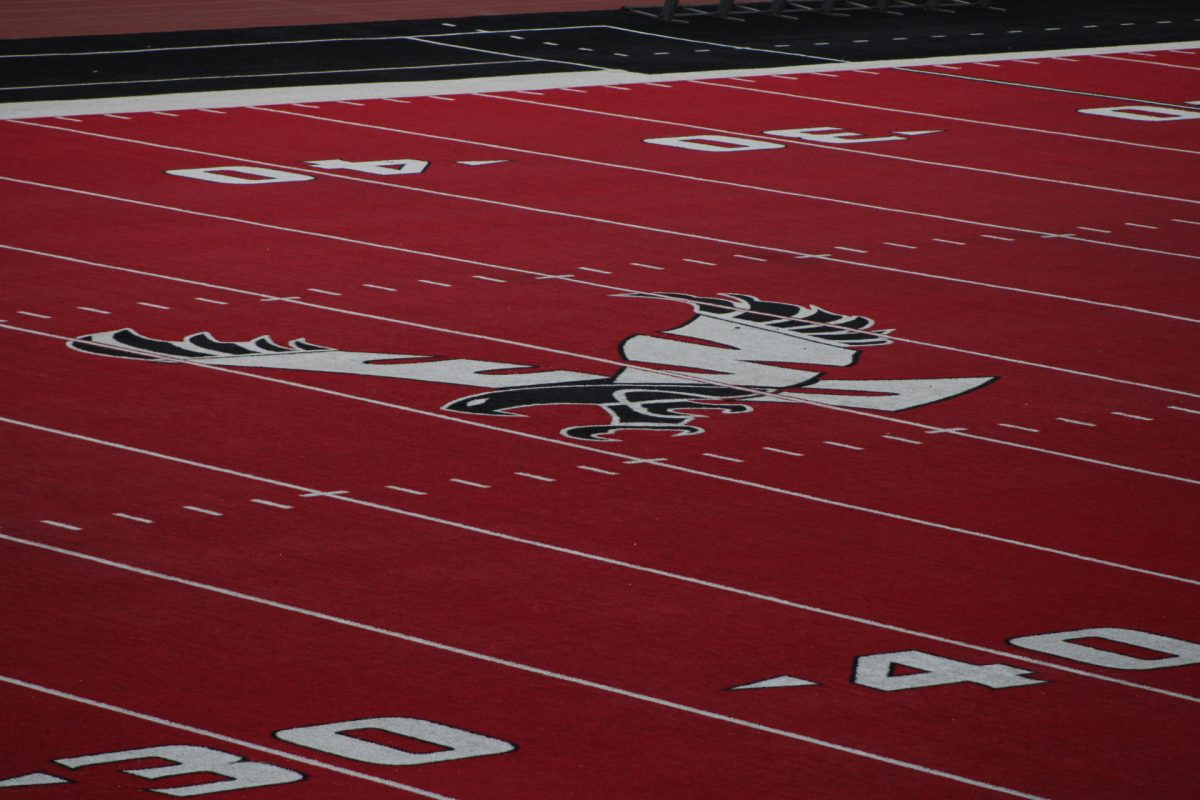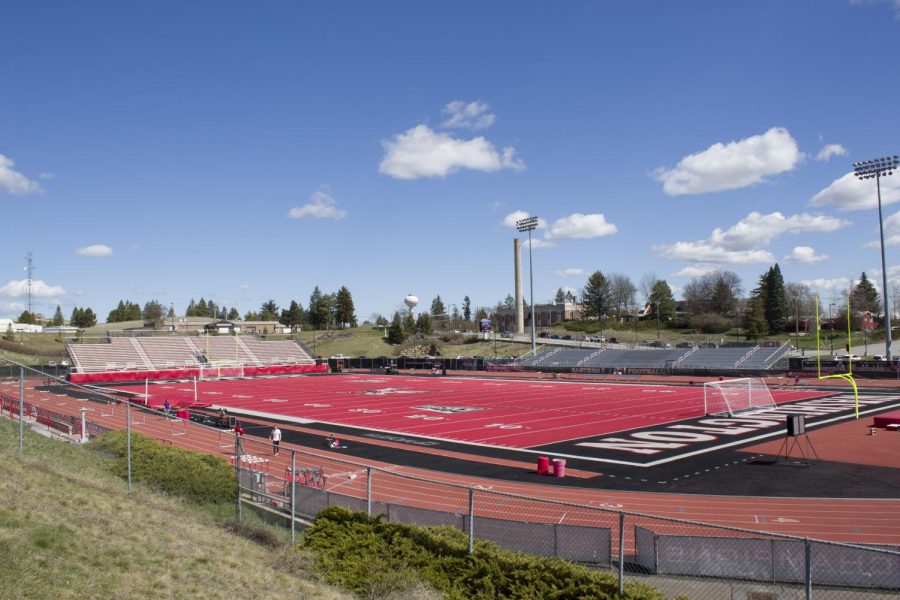Martin Luther King Jr. and the legacy of American history
January 27, 2015
Allow me to make a confession: I’ve never been very engaged in MLK Day. Growing up, I certainly enjoyed the time off from school, but I didn’t really acknowledge the day in any meaningful way, except occasionally attending lectures or presentations for which I would more than likely receive extra credit in one of my classes.
The reason I didn’t engage in MLK Day was simple: I was ashamed.
Every year in thousands, if not millions, of communities around the United States, Martin Luther King Jr. Day serves as the kickoff to Black History Month. Every February my history classes studied King and Rosa Parks, and watched black and white videos of light grey people chanting epithets and wielding fire hoses, and dark grey people being bowled over by water and ripped at by dogs. As the sole representative of the dark grey people on the screen, the only black person with whom most of my peers had any meaningful contact, all eyes were trained on me.
I could feel my classmates observing my reactions, gauging my response to the “I Have a Dream Speech.” “Hey Jaclyn, he’s talking about you!” one classmate exclaimed. There was no malice in his voice, but I still felt embarrassed.
My embarrassment turned to shame as I came to understand that my classmates viewed February as “my” month. I was Black, so Black history was “my” history. I put up with the unwanted spotlight year after year, hiding when I could, keeping my head down.
There’s something terribly unsettling about being told, explicitly or implicitly, that you are fundamentally “other,” irrevocably different from all your closest friends and neighbors for a solid month out of every year (as if the little everyday reminders weren’t enough). The “otherness” becomes internalized, and embarrassment turns to shame. Shame for who you are. Shame for not being the same.
Then I started college, and for the first time I heard the question that would simultaneously disturb me and shake me from my misguided mindset. Someone in class asked, “Why don’t we have a White history month?”
Why indeed. “Well,” I reasoned, “why do we need one?”
Black history month was established to acknowledge and educate about the historical and social impact of a group of Americans neglected by the history books. With the exception of a few sidebars and some big names, the history of Black Americans goes largely untouched by the American education system, except to remind us of our past as slaves, servants, domestics and victims of social disenfranchisement.
But we did so much more than that. We shaped the culture of America. We redefined American music, inventing rock ‘n’ roll, blues, jazz, Motown, rap and hip-hop. We physically and economically built this nation, not only during our time in servitude, but for generations afterward. We were intellectuals and farmers and teaches and activists. We fought in both World Wars and afterwards fought at home for our slice of the American dream.
Black Americans are first and foremost American. Getting a month to tell our story was a start, but I think we need to go further. We’ve integrated the schools, but not our textbooks and not our curriculums. Black history is American history, and classes dealing with the black experience shouldn’t be “electives,” they should be a part of basic education.
My shame over black history month stemmed from a feeling of “otherness,” but I’m not “other.” I am an American, and proud to be so. Martin Luther King Jr. Day is not just black history, he is our history. It’s time we embraced him that way.



